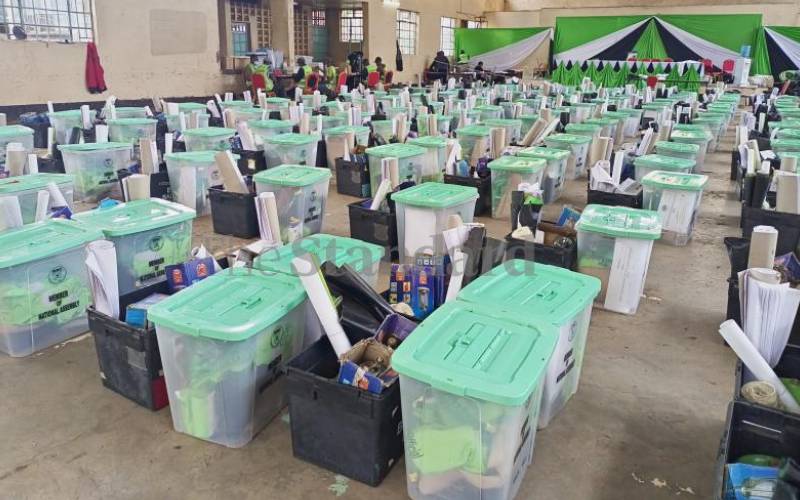×
The Standard e-Paper
Home To Bold Columnists

Civic and voter education has a critical role to play in ensuring fair, free and verifiable elections. [George Njunge, Standard]
In every General Election, voter and civic education are necessary to ensure that all people understand their rights, the political system, the contest they are being asked to decide and how and where to vote.